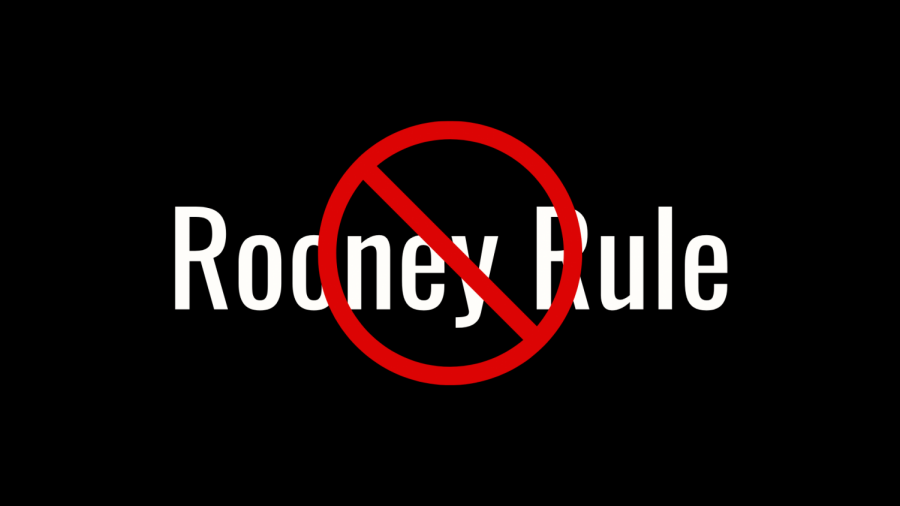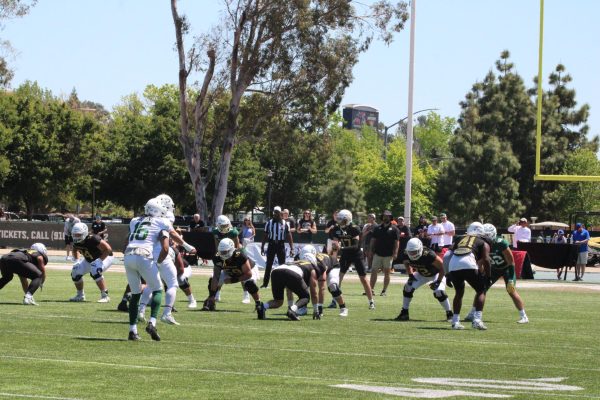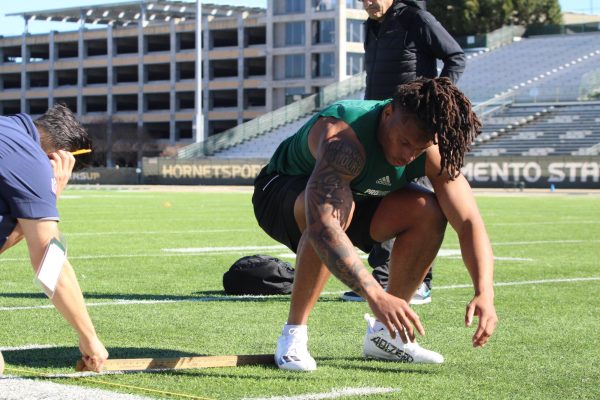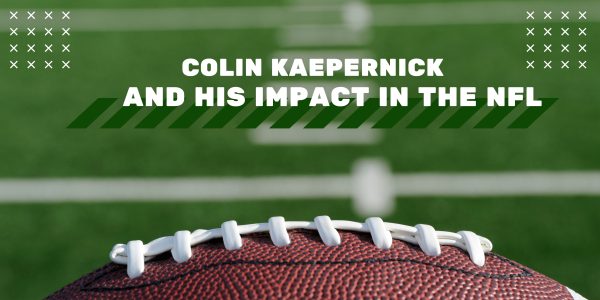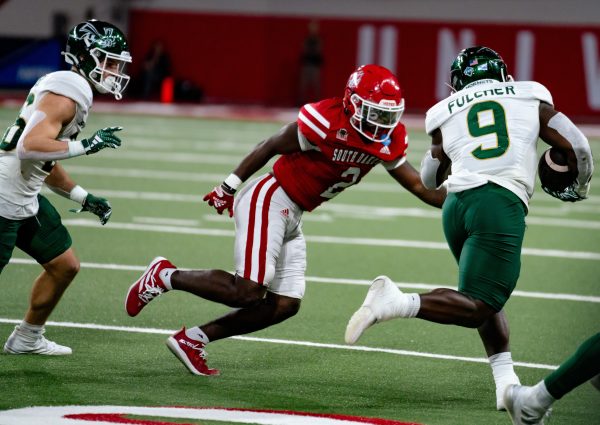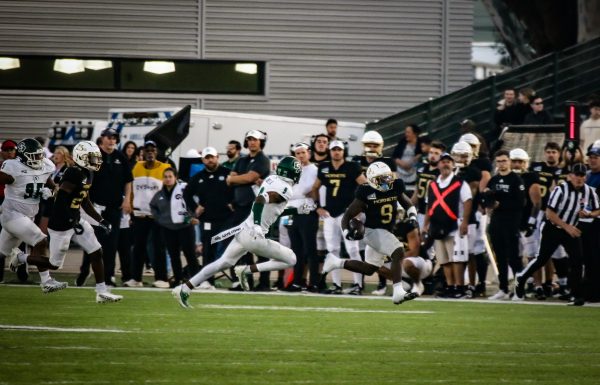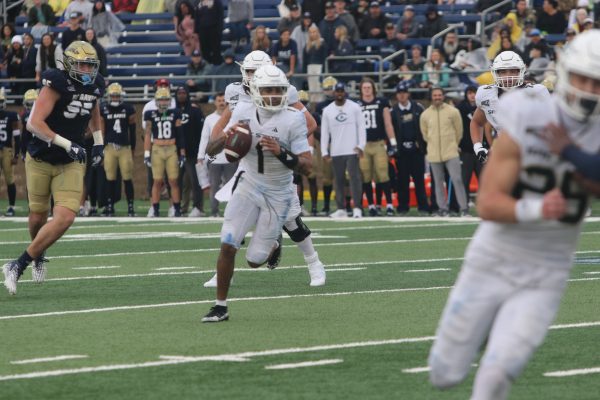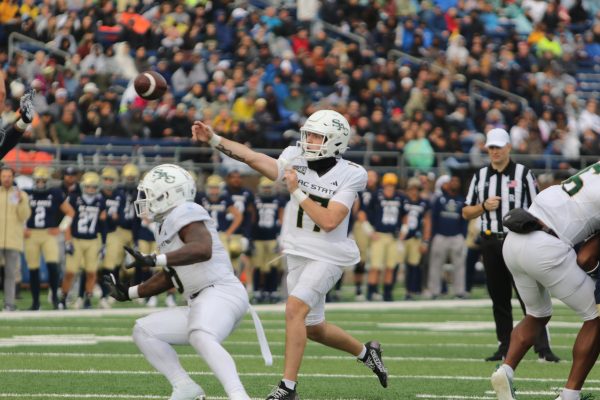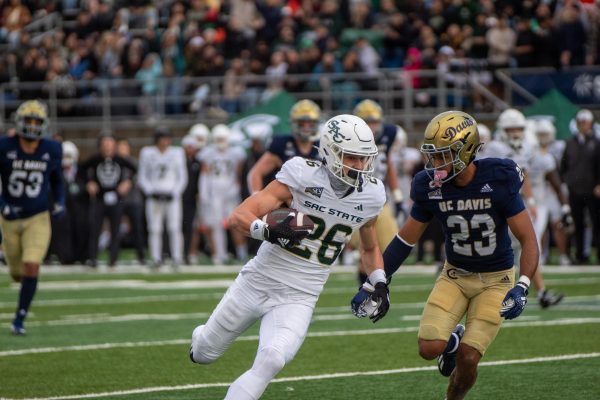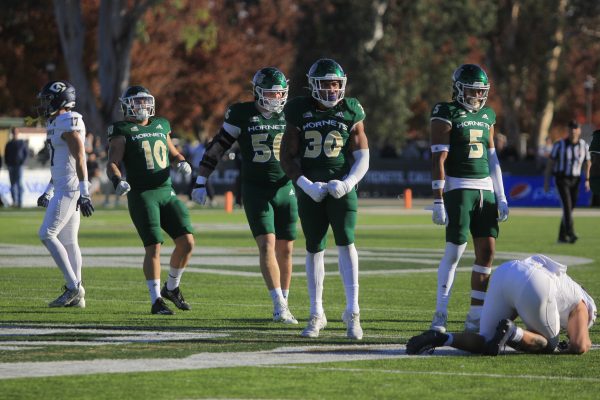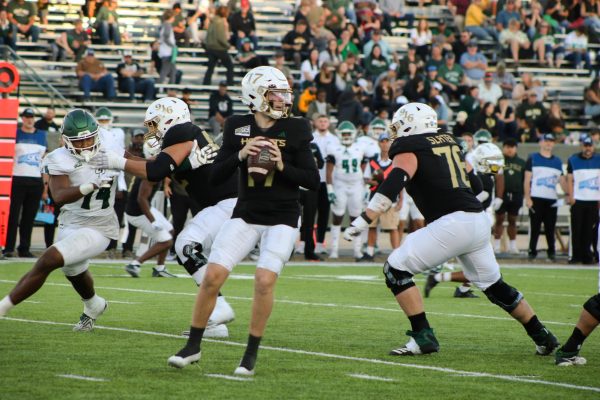OPINION: The Rooney Rule has done nothing but fail minority coaches
When will league executives take systemic racism seriously?
The Rooney Rule, adopted in 2003, requires all teams to interview at least one minority candidate for open coaching and executive positions, but has led to no significant change in the hiring of minority NFL coaches and executives. Copy editor Jordan Parker says that it was a good concept that has gotten the league nowhere in terms of addressing systemic racism.
February 2, 2021
Another NFL head coach hiring cycle has been completed and once again a qualified minority candidate has been passed up. For the past two years Chiefs offensive coordinator Eric Bieniemy has been denied the opportunity to become a head coach even after orchestrating one of the league’s best offenses along with a super bowl championship.
Meanwhile, coaches like Dan Campbell and Nick Sirianni were hired by the Lions and Eagles despite lacking as much experience as other candidates such as Bills defensive coordinator Leslie Frazier and Buccaneers defensive coordinator Todd Bowles, who have a combined 29 more years of coaching experience and played key roles in their teams’ playoff runs this year. It’s clear that the NFL hasn’t made any real progress toward fixing the coaching disparity that plagues the league and change needs to happen soon to correct the systematic bias that exists. Currently, only 5 out of the 32 head coaching positions are filled by minorities.
One impediment that Black head coaching candidates have faced is the cherished Rooney Rule, named after late Steelers owner Dan Rooney, which has acted as more of a symbol than a door opener. Don’t just take my word for it, ask Dan’s son, Art Rooney II. He recently said “there’s still work to be done in this area, no question about it” when asked about the 2021 head coaching cycle.
In 2003, the Rooney Rule was instituted in order to address the longstanding diversity issues within the hiring cycle in the NFL. The rule states that each team with a head coaching vacancy must interview at least one minority candidate. Although the Rooney Rule is a good concept and was created with the best intentions, it has failed miserably since its adoption in 2003 and desperately needs a replacement.
The Rooney rule has become an impediment. Each year when the coaching pool is announced, there is a list of candidates that everyone knows, which will always include a few minority candidates. For example, this year’s most prominent minority candidate was Chiefs offensive coordinator Eric Bieniemy.
However, now that the hiring cycle has been completed, Bieniemy once again missed out on a well-deserved head coaching gig. Why? Your best guess is mine.
Make no mistake though, he got plenty of interviews, but interviews for minorities are turning out to be tokens that don’t win you the prize. It doesn’t matter that teams are required to interview minorities because that hasn’t translated into them being more likely to be hired. Each team will pass around the same candidate as a way to satisfy the requirement, but often have their future coach on standby ready to hire. That’s exactly what has happened to Bieniemy the last two offseasons.
There were seven vacancies this year with two of them going to minority coaches: former 49ers defensive coordinator Robert Saleh who was hired by the Jets and former Ravens receiving coach David Culley. To put it into context, 11 white coaches and 16 minority coaches were interviewed for the vacancies. The problem with the league’s diversity right now is that it would rather speak about fixing inequities instead of actually taking steps to correct them.
The majority of the Black people in the NFL happen to be players, but Black coaches have never been given a fair shot to prove themselves worthy of performing the most demanding jobs.
In addition to that, the study showed that minority coaches land on the ‘hot seat’ more often than white coaches, meaning that they are more likely to be fired. A real life example would be a comparison between Anthony Lynn and Vic Fangio.
Lynn was fired this offseason for lack of results, but the reality of the situation was that Lynn (33-31) has been significantly better than Fangio (12-20) yet was still fired, even after the Chargers made the playoffs just two seasons ago. It also doesn’t hurt to mention that during Lynn’s tenure, he led one of the most injury-ridden teams in the league and somehow ended with a winning record.
After Lynn was fired, he ended up as offensive coordinator for the Lions. That’s the catch though — it seems like teams have no problem hiring minorities for coordinator positions, but if they succeed in those positions, they aren’t given the same opportunities as white coaches when they succeed in the same exact job.
It’s ridiculous. I’m tired of seeing these qualified candidates getting passed up. The Rooney Rule was a good concept, but it has not helped the problem at hand one bit. After the Super Bowl is completed, the NFL’s diversity committee needs to come together and rethink better solutions because you can’t claim to be pro-Black or pro-minority if your actions don’t back up your words.


























































































































